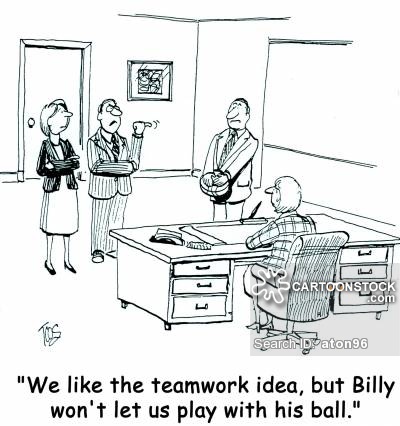I have been part of a leadership team for the past five years. It has been dysfunctional with poor communication. My feeling has been these colleagues are not to be trusted and I couldn’t find ways to relate to them. By my nature I am comfortable with conflict so my attempts to address issues were viewed as hostile and aggressive. Two years ago a new leader joined the organization. This new supervisor observed the team’s dysfunction and was attempting to correct the dynamic.
After a number of failed attempts at resolving it ourselves our team leaders decided to bring in outside facilitation. At the time I was unaware of the actual process or terminology but as I was reviewing the information the Psychodynamic Approach it became clear this is what we had experienced.
One of the first activities in the process was sharing about our by deep past experiences and how we felt those experiences impacted our current behaviors. This process was incredibly impactful to almost all of us. “When the link between present and distant past relationships is made meaningful, leaders are more likely to arrive at tipping points for change.” (Northouse, 2015, p. 309) I believe this moment helped us reach a tipping point. Through this process of connecting and raising our group knowledge of each other we engaged in breaking down the barriers between each other and softening our relationships. Mirvis (2008) stated that these moments “…a “consciousness-raising” experience that cultivates participants’ self-awareness, deepens their understanding of others, and helps them to relate to society.” (as cited in Northouse, 2015, p. 309)
Our leadership team now functions at a higher level with much more cohesion. The only team member who didn’t participate fully in the process has now left the team while the rest of the team has thrived. It’s been a great learning experience.
Northouse, Peter G. (2015). Leadership. Thousand Oaks, CA: Sage Publications.





